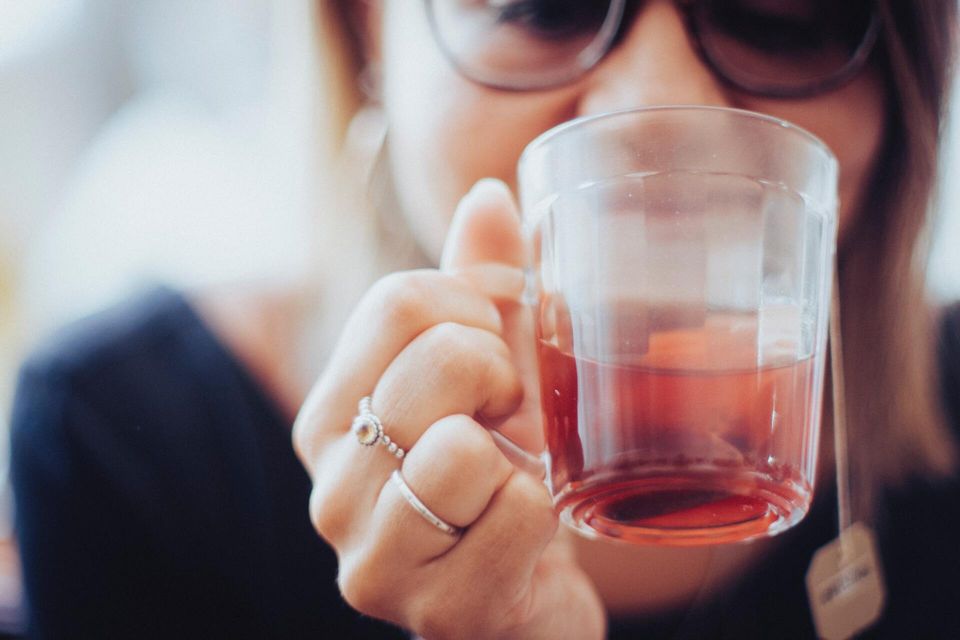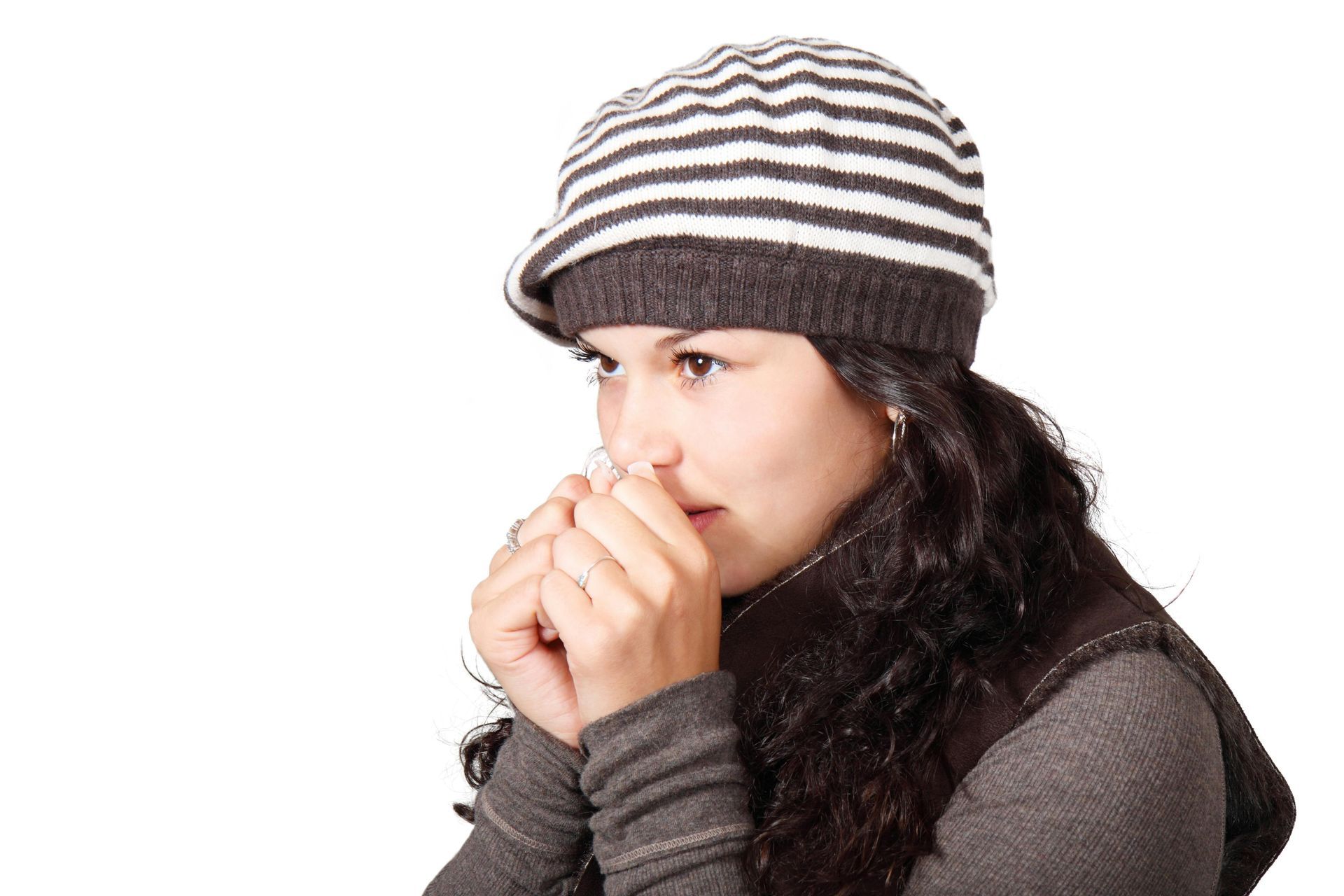The Benefits of Drinking Tea
Rosemarie Allen • December 21, 2020
Drinking Tea can Help to Boost your Immune System!

As a Chinese Medicine
Physician, I have learned the importance of working alongside our environment. This means adapting our bodies to our environment. When the weather is cold focus should be on warming the body, and in contrast, when the weather is hot the focus should be on cooling the body.
As the winter season gets ready to charge in, and the weather gradually changes from warm to cold, our body is also gradually adjusting to the change in the temperature. With each season our system must adapt to its environment, the foods we eat and the clothes we wear are important to protect the body. During the winter season
the goal should be focused on balancing the internal / external changes, just as nature adjust herself around us. During the winter season the focus should be on keeping the body warmer and boosting the immune system. One way of doing this is by drinking tea.
The History of Teas:
Teas have been in use for many centuries as medicinal and also as refreshing beverages. Archeological finds and documentations have revealed that teas leaves were being used as far back as 59 B.C and were found in Western China in the tomb of Jing Emperor, Liu Qi, who died in 141 B.C. The oldest known
tea tree
which is still living, is over 1200 years old and located in Tibet.
History has shown teas to be used to treat many ailments and to maintain good health.
In my native land of Jamaica, we have been accustomed to this practice of drinking tea daily in our culture. Teas were made of freshly picked leaves from herb plants
in our garden. My children were all raised on teas. In our household teas were the first drink in the mornings and last drink at night before bed, and this practice continues within our family even today.
What You Should Know About Teas:
Many studies have been done on various types of teas and have uncovered their many benefits.
- Teas have been known to provide thermogenesis as a warm beverage that heats up body when its cold.
- Teas are packed with minerals of all types such as polyphenols, tannins, antioxidants which benefits the body, helps the Immune system, scavenge free radicals from the body, manages blood sugar and more…
- Some teas have richer forms of polyphenols than others. Polyphenols are antioxidants such as vitamins C, E, and carotenoids which help the body’s tissues against Oxidative stress. Research have shown that teas may protect the body from the damages of free radicals.
More on Teas:
- Various studies have shown the antioxidant properties of teas help to fight free radicals. Free radical damage has been linked to Cardiovascular disease, Dementia, Diabetes and more.
- Teas contain Polyphenols which aids the growth of the necessary gut bacteria to support gut health and healthy digestion. Polyphenols also aid the immune system by boosting immune health.
- Hibiscus is one tea that is power packed with a high concentration of Polyphenols (antioxidants) properties. In addition, it lowers inflammation in the body and keep skin looking youthful. Hibiscus is caffeine free and may be easier on the digestive system.
- Turmeric is well recognized for its anti-inflammatory potential as been shown to be effective in the treatment of Arthritis.
- Citrus, Peppermint and Ginger are great for sensitive stomach and can aid in soothing the digestive system.
- Green tea is a slow release and can last up to 4-6 hours of release of l-theanine is a gentle stimulant that benefits the brain. Green tea should not be taken late in the day.
- Black Tea is great invigorator for the brain and is best taken in early mornings.
- Chamomile and Lavender Teas help to promote rest and relaxation.
- Warm tea supports Ghrelin, the hormone that manages hunger and cravings, by increasing the feeling of satiety it balances and stimulate the digestive system.
- Teas can be used to soothe the stomach especially when breaking your fast. It helps with thermogenesis, keep the digestive system warmer and which allows faster breakdown of the foods eaten.
- The water temperature used to brew teas can make a difference in the benefit you receive from it. Some teas do better cold brewed, while others do better brewed warm. Using hot water may also destroy certain elements of some teas.
- In many Asian countries teas are usually served around mealtime because of its benefit and support of the digestive system.
According to some studies, teas have been effective in maintaining health that some countries, such as, the Netherlands, in their national dietary guidelines, recommend people drink three cups of green or black tea per day based on a body of evidence linking tea consumption to the reduced risk of
stroke
and
high blood pressure.
- An even more important way of improving immune health is by winterizing your body. Our Special Immune System Booster Acupuncture treatment. This is a special treatment that balances and harmonize the Lung, balances the the emotions and boost the immune system to better prepare for a stronger defense against COVID 19 during the long winter months ahead.
Disclaimer: The information contained within this Blog is only used to educate and inform. This newsletter is not a substitute for the advice of a licensed and registered health care provider. Seek prompt attention for emergencies. Consult a health care provider for specific health concerns, and before starting a diet, cleanse or exercise routine.










